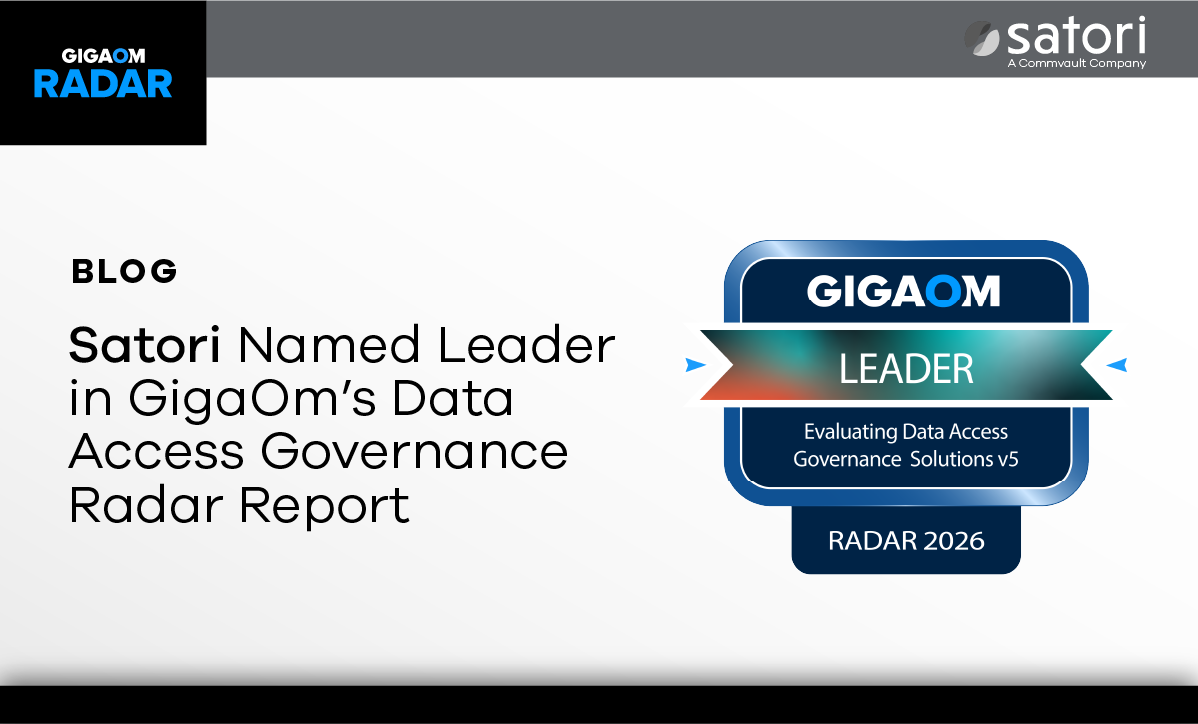
As environments become more complex and the potential attacks more sophisticated, business leaders will drive strategic cyber resilience efforts that put business continuity and data recovery at the forefront of cyber preparedness and security efforts.
It’s no longer enough to leave the cybersecurity decisions to the security team alone. Executive business leaders in 2024—both because of new regulations and best practices—must put cybersecurity expertise on their boards and make cyber resilience a common goal across all lines of business. The onus of these efforts isn’t only to thwart bad actors and avoid attacks, but it’s also to successfully recover from malicious actions with critical resources and data safe and secure from exploitation. With cyber resilience, business continuity becomes the primary goal.
Here we compile some of our executives’ thoughts on key focus areas in 2024 that will support and enable business leaders’ efforts to transform their approach to security to ultimately achieve true cyber resilience. Emerging technologies as well as business best practices will help ensure success with data recovery, business continuity, and cyber resilience.
Executive leadership embraces security
“When it comes to cyber preparedness, I expect the level of engagement by members of the C-suite, including the CEO, to go up in 2024. It has to.” – Rahul Pawar, Global Vice President, Security GTM and CTO
C-level executives will seek security expertise to sit on their boards and guide business decisions based on cybersecurity best practices. Not only are there new regulations requiring the prompt and accurate communication of security breaches, but data protection and recovery is now considered a competitive differentiator for businesses. IDC survey data shows that just 33% of senior executives are involved in current cyber preparedness initiatives and that must change. Fostering an environment where C-suite leaders participate in recovery exercises is also seen as key to preparedness. Equipping the board with holistic security intelligence will bring businesses closer to cyber resilience and show customers the company’s commitment to protecting data.
IT teams converge and share intelligence
“Any company that continues to operate in silos will find themselves at a serious disadvantage when they are attacked.” – Reza Morakabati, CIO
As the threat landscape expands and attacks become more sophisticated, domains across IT will join forces to prevent intrusion and speed recovery. Collaboration between IT Operations (ITOps) and Security Operations (SecOps) teams will continue to evolve in 2024 because as any company that continues to operate in silos will find themselves at a serious disadvantage when they are attacked. With intelligence from tools across networking, security, cloud, and other IT groups combined, cybersecurity professionals can more quickly identify anomalous behavior that is an early indicator of an attack. Breaking down silos among teams and building common goals for IT pros will make businesses stronger against attacks and faster at recovery.
AI and automaton speed security response
“With AI comes quicker response times, better focused resources/reduced alert fatigue, and more time to focus on effective threat mitigation strategies – all benefits for a cybersecurity team that needs to see the full picture.” – Alex Janas, Field Security CTO
Generative AI took the world by storm in 2023, and this year, leaders will explore the use cases that would best move their business forward. In the realm of cybersecurity, AI represents proactive threat management and speedy response to attacks. Coupled with automation, GenAI can more quickly parse through myriad logs across systems and devices to identify attacks and kick off actions to prevent extensive damage and mitigate risks to key resources and data. While executives must explore the ethics of AI and put proper governance guardrails in place, the technology promises to reduce the noise for IT and security pros tracking alerts, events, and incidents, and to point toward the true source of concern more quickly.
Threats evolve as bad actors also embrace AI
“Attackers may even go so far as to run predictive modeling to understand the degree of impact or discover new parameters and techniques that lead to creating a new emerging threat.” – Alex Janas
GenAI advancements aren’t exclusive to the good guys. Bad actors with malicious plans will also tap the technology to discover vulnerable assets and innovative ways to exploit them. Using AI-driven analysis, cybercriminals will seek to impose maximum damage with minimal effort. Attackers may even go so far as to run predictive modeling to understand the degree of impact or discover new parameters and techniques that lead to creating a new emerging threat.
AI integrates into security skills
“Being the smartest person in the room will be table stakes, while knowing what you don’t know will be the killer skill of the future.” – Martha Delehanty, Chief People Officer
Cybersecurity always tops the list of hottest skills in technology, and for 2024, HR leaders and hiring managers will be most interested in candidates with diverse technological skill sets who can address everything from IT and security operations to AI management and data recovery. In the ransomware-era, with data security and incident response skills identified as a significant gap, there will continue to be a strong demand for CISOs and CIOs that can bridge together the worlds of ITOps and SecOps so that companies can ensure they are thinking about security all the way from protecting and identifying threats to full recovery. And despite the growing popularity of GenAI, human oversight will remain crucial, requiring companies to prioritize ongoing education and upskilling to ensure their teams can leverage AI technologies to their full potential while maintaining vigilance over their systems.
“I believe within the next several years we will see more compliance, security, and cybersecurity experts fill board seats, similar to financial experts that have long been recruited as necessary board members.” – Danielle Sheer, Chief Legal and Compliance Officer
Cyber resilience in 2024 will require business leaders change the way they approach security and recovery. Those listed above and other trends will drive a transformation that enables businesses to proactively prevent more attacks, but more importantly, to also quickly recover when a threat is imminent. Being prepared and able to recoup from attacks will set your business apart in this digital era as cyber resilience becomes table stakes.
Experience for yourself how Commvault Cloud can help boost your organization’s cyber resilience here.


